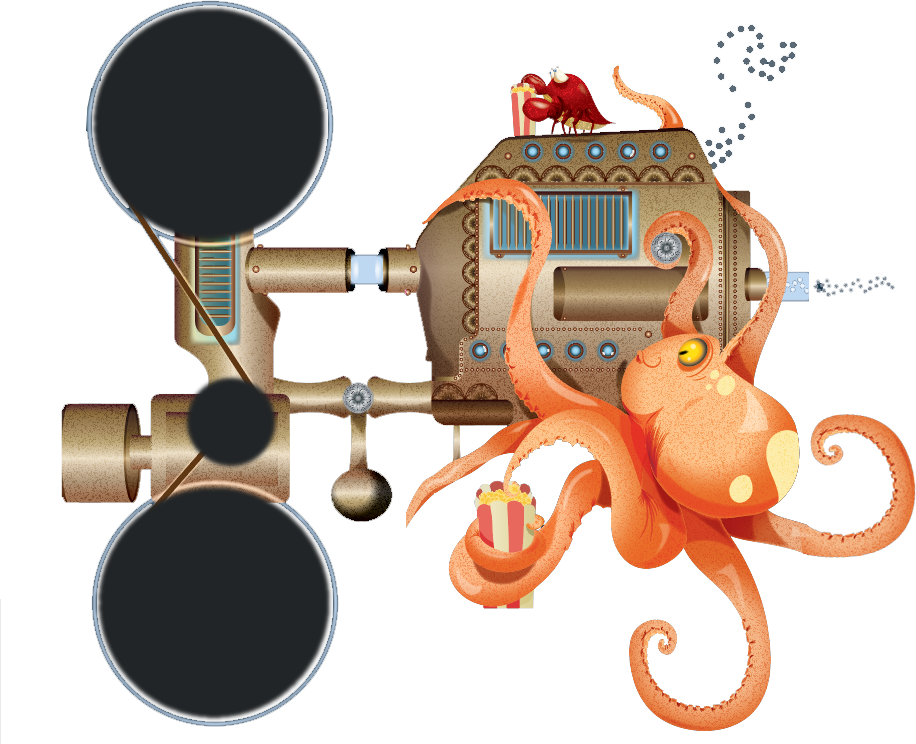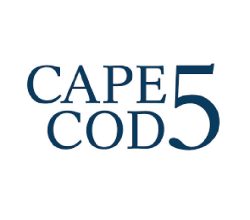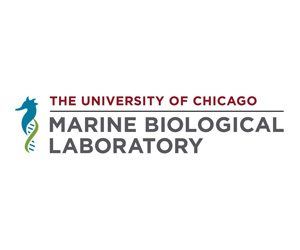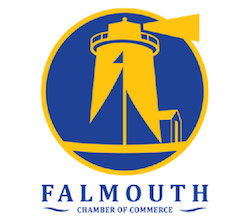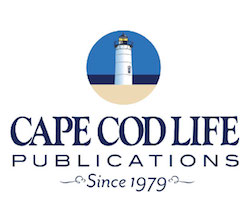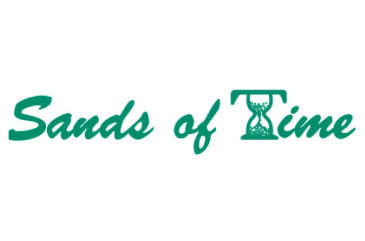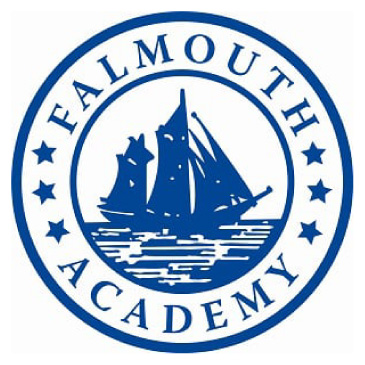2017 Bringing Science to the Screen
Bringing Science to the Screen
In the village of Woods Hole where breakthrough scientific discoveries happen on a regular basis, it’s not surprising that the Woods Hole Film Festival attracts a strong slate of films about science. This year’s “Bringing Science to the Screen” program, funded in part by a grant from the Falmouth Fund of the Cape Cod Foundation, features eight films and two panel discussions about earthly and sometimes, not so earthly discoveries (see “Panels and Workshops & Master Classes” for more information on the science panels). Interestingly, the films in this year’s program fall into two categories: the planet Mars and marine life.
Ever since the 1880s when telescopes revealed strange markings on Mars, people have been convinced that the planet was inhabited by an alien race. The 1938 “War of the Worlds” radio broadcast even scared millions of listeners into believing that creatures had landed on Earth in their war machines. The narrative feature Brave New Jersey by Jody Lambert suggests what might have happened when the citizens of a small town in New Jersey heard that fateful broadcast on what they consider to be their last night on Earth. It screens on Monday, July 31, and stars Tony Hale (HBO’s Veep, Fox’s Arrested Development), Anna Camp (Pitch Perfect, The Help), and Sam Jaeger (NBC’s Parenthood).
Today our imagination has turned to our own possibilities on the planet. The documentary feature The Mars Generation by New Hampshire native Michael Barnett looks at what it would take to reach the planet Mars from the point of view of several aspiring teenage astronauts who participated in the NASA Space Camp in Huntsville, Alabama. Barnett will participate in a Q&A after the screening along with NASA Astronaut Sunita Williams (who appears in the film) on Sunday, July 30, as part of Kids Day, and will be a featured guest at the “Science and Storytelling” panel on Monday, July 31.
The narrative feature Seat 25 by British director Nicholas Agnew (who will attend the screening on Thursday, August 3) imagines what that trip to Mars might actually look like. A woman secretly enters and wins a competition for a seat on the entrepreneur-funded, first manned mission to the planet five years after NASA finds liquid water on its surface. The prospect of leaving behind her family and friends forever is put into doubt as she realizes how much she has to live for on Earth. The short narrative 11:11 by Keith Rivers (who will attend the screening on Friday, August 4) takes a similar approach to the prospect of being part of a flight to Mars.
As for marine life, the Festival kicks off on Saturday, July 29, with Chasing Coral, Jeff Orlowski’s documentary feature about a team of divers, photographers, and scientists who set out on an ocean voyage with the same adventurous spirit and curiosity that inspired the Emmy Award-winning Chasing Ice to discover why coral reefs around the world are vanishing at an unprecedented rate. Scientists from the Woods Hole Oceanographic Institution (WHOI) will participate in the post-film discussion. On Thursday, August 3, renowned scientist Dr. Sylvia Earle narrates another captivating documentary feature, Saving Sea Turtles: Preventing Extinction by Rhode Island native Michele Gomes and Jennifer Ting (Gomes will attend the screening). The film illustrates the threat to the world’s most critically endangered sea turtle species by focusing on the record-breaking 1200 Kemp’s Ridley sea turtles stranded on Cape Cod in 2014, while simultaneously showcasing the people who banded together from Massachusetts to Mexico to try to save them. The short documentary Patagonia Azul: The Interconnection of Life by part-time Maine resident Daniel Casado (who is attending the screening on Monday, July 31) features a group of scientists, including several from WHOI, searching for Blue Whales in Patagonia, Chile. The scientists also reflect on their role in and responsibility towards conservation and the survival of other similar animals.
Finally, the persistent health crisis surrounding tick bites is one of this year’s most urgent scientific matters. Festival alum and part-time Wellfleet resident Marnie Crawford Samuelson’s short documentary Tick Days profiles county entomologist Larry Dapsis, who’s at the epidemic’s ground zero on Cape Cod, on Wednesday, August 2. Dapsis wakes up each morning thinking only about ticks, making him one part tick detective, one part tick evangelist.
Many scientific careers have been inspired by movies about science, so whichever films you decide to see in the “Bringing Science to the Screen” program will offer the opportunity to learn something about the world around us and the universe beyond!

